Leadership

Department Chair

Vice Chair of Research
NLM My Bibliography
Researchers

Professor

Professor (Clinical Health Sciences)
NLM My Bibliography

Professor
ORCID: 0000-0003-4502-6936

Professor
NLM My Bibliography

Professor (Clinical Health Sciences)

Associate Professor
(Clinical Health Sciences)
ORCID: 0000-0002-3454-7667

Associate Professor
(Clinical Health Sciences)

Associate Professor
ORCID: 0000-0003-0762-4804
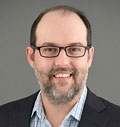
Associate Clinical Professor
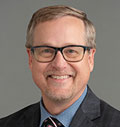
Associate Professor
(Clinical Health Sciences)
ORCID: 0000-0001-7619-9384

Associate Professor
(Clinical Health Sciences)

Associate Professor

Associate Professor
(Clinical Health Sciences)
ORCID: 0000-0003-4096-6822

Assistant Professor

Assistant Professor
ORCID: 0000-0002-3371-0311

Assistant Professor
(Clinical Health Sciences)
ORCID: 0000-0002-1993-7835

Assistant Professor
(Clinical Health Sciences)
ORCID : 0000-0001-5413-7692

Assistant Professor
(Clinical Health Sciences)
ORCID: 0000-0002-5309-9388

Scientist
ORCID: 0000-0002-1017-4536
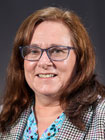
Scientist
NLM My Bibliography

Scientist

Research Fellow
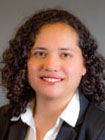
Research Fellow

Research Fellow

Research Fellow
ORCID: 0000-0003-1069-6040

Research Fellow
Emerit

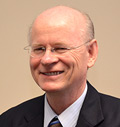

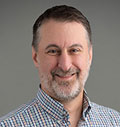 Randall Brown MD, PhD, FASAM
Randall Brown MD, PhD, FASAM Jonathan Temte, MD, PhD
Jonathan Temte, MD, PhD Sarah Hohl, MPH, PhD
Sarah Hohl, MPH, PhD John Beasley, MD
John Beasley, MD John Frey, MD
John Frey, MD Val Gilchrist, MD
Val Gilchrist, MD Bill Schwab, MD
Bill Schwab, MD Paul Smith, MD
Paul Smith, MD